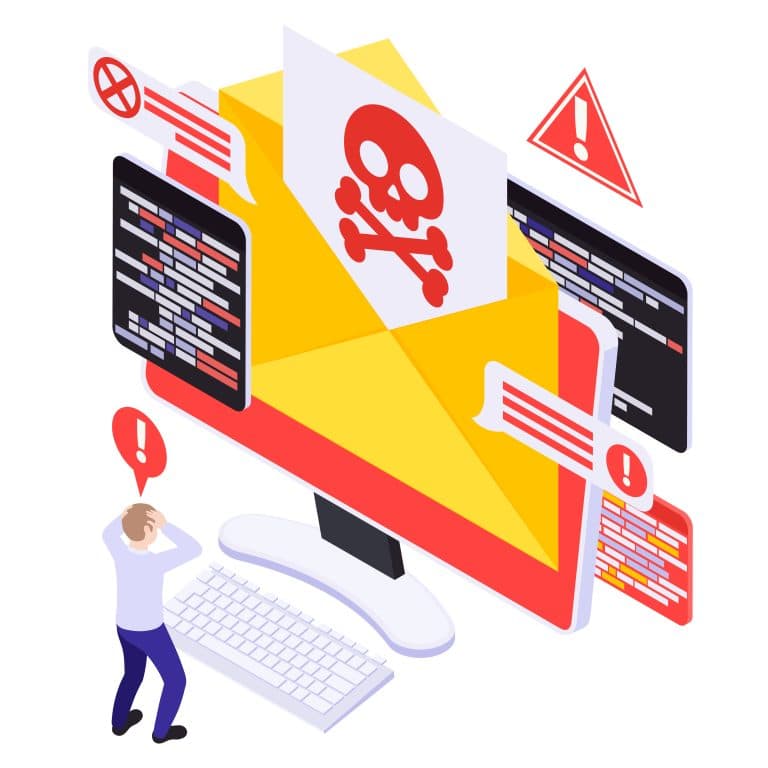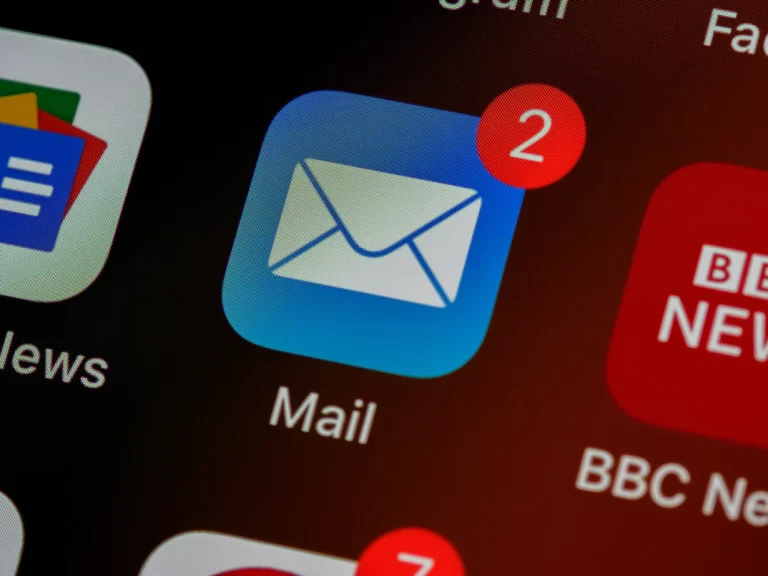The Data (Use and Access) Act 2025 (“DUAA”, “the Act”) received Royal Assent on 19 June 2025 and will be implemented in phases.
Once the DUAA is implemented, one of the major impacts it will have will be on charities’ income generation strategies, particularly within marketing. This is because of a change of interpretation of sections of the Privacy and Electronic Communications Regulations (PECR).
Currently, under UK GDPR organisations can only send direct marketing to individuals if they are able to do so under one of the lawful bases that the UK GDPR sets out. Of these 6 lawful bases, in a marketing context, the most relevant for charities will be “(f) Legitimate interest”.
Among the many changes that will come in with each phase of the act, section 114 within the DUAA adds a new soft opt-in rule, specifically for charities. This will allow a charity to send electronic mail marketing to ‘individual subscribers’ – provided a certain set of conditions are met.
One of the DUAA changes now means that a charity may send or instigate the sending of electronic mail for the purposes of direct marketing. This will now fall under different circumstances than the previous criteria under PECR.
The DUAA act also amends the definition of what contact is made by organisations, for example a ‘phone call’ which now includes any attempt to make a connection via a telephone call rather than only including calls that are connected.
Under 21, 21A and 21B of PECR, unsolicited live calls must not be made to anyone who has told you they do not want to receive your calls, to any number registered with TPS or CTPS – unless that person has specifically consented to your calls.
Crucially, the definition of ‘communication’ will now include information that has been transmitted rather than limited to information that has been exchanged or conveyed, meaning that texts and emails that have been sent but not necessarily received will now fall within the scope of the regulations.
Ultimately, any charity marketing campaign should always consider carrying out a legitimate interests assessment (LIA) if it intends to change their lawful basis, for example where they are no longer relying on consent for their marketing, to ensure that the processing of data in this way meets the purpose, necessity and balancing test.
What’s next for charities and the DUAA?
The staged introduction of selective sections of the new DUAA legislation makes this a complex law update to track. Data controllers will need to assess at what stage and to what extent they will need to amend their policies and processes to comply. This may include changing your privacy notices or data protection policies, or any processing related internal procedures. Some administrative tasks may be required in the interim, and as the act is phased out, in order to ensure full compliance.
For our charity clients this is positive, long overdue and welcome news as the rules about the use of personal data in fundraising will become more relaxed and hopefully enable new contacts and, hopefully, further fundraising opportunities. Marketing channels being more understandable and accessible should encourage profitable opportunities for charities to reach out and appeal to their supporters.
We will be hosting another webinar for charities and hospices, discussing these changes in more detail in September (bookable via our website, here) however, if we can help with a bespoke discussion or training for your business, please do get in touch. You can also follow us on social media to keep up with any updates we share as we are able.
For more information about the various changes the DUAA will bring to marketing opportunities within the charity sector, visit the ICO website.
























